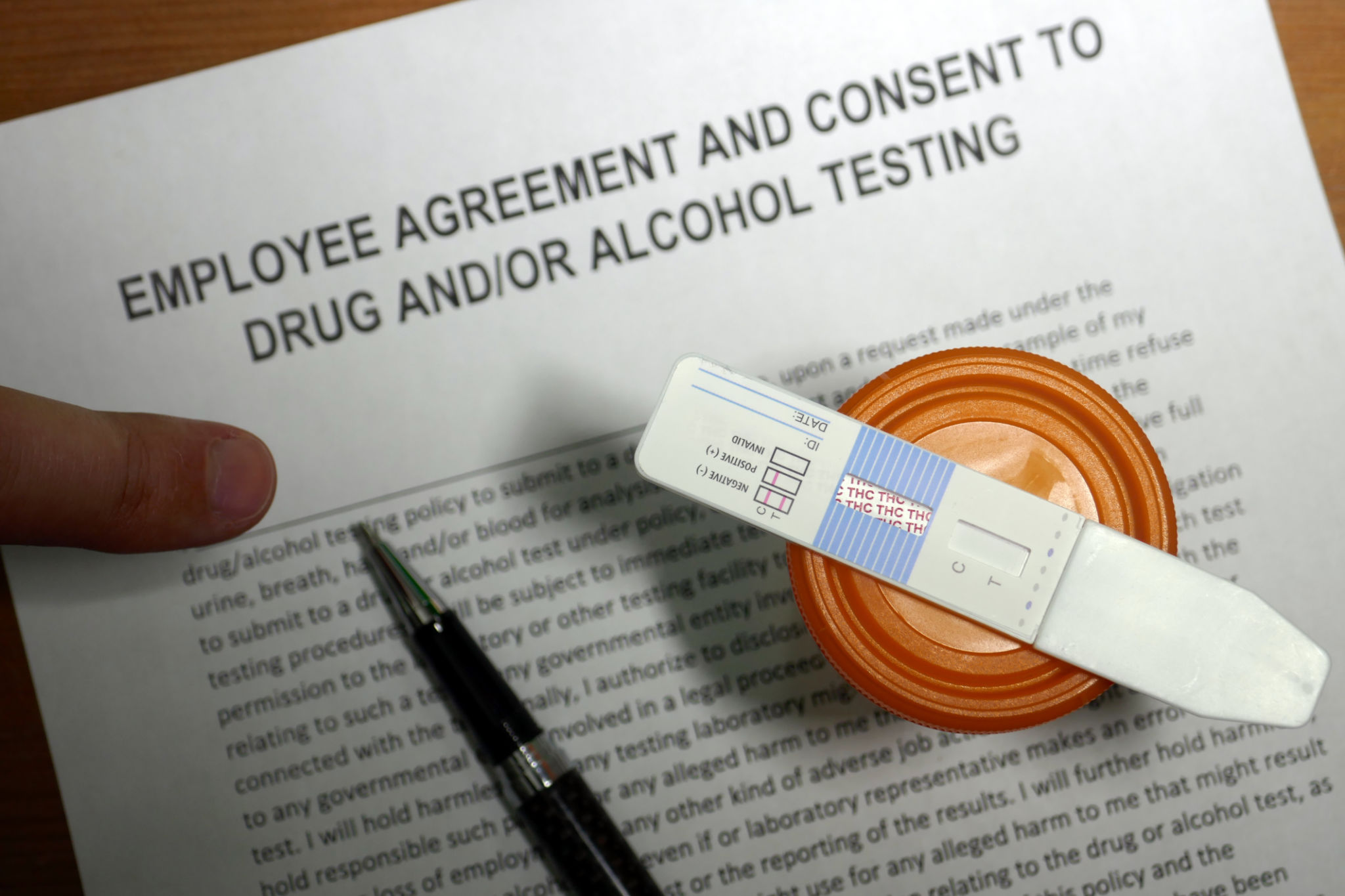Preparing for Seasonal Drug Testing: What Houston Employers Need to Know
Understanding the Importance of Seasonal Drug Testing
In Houston, a city bustling with diverse industries, maintaining a safe and productive workplace is essential. One effective measure that employers can take is implementing seasonal drug testing. This proactive approach helps ensure that employees are fit for duty and that the workplace remains free from the influence of drugs. Understanding the importance of this testing can aid employers in maintaining a secure work environment.
Seasonal drug testing is particularly relevant during periods when temporary staff are hired or when there is an increased workload. By conducting these tests, employers can minimize the risk of accidents and enhance overall productivity. It also serves as a deterrent for substance misuse among employees.

Legal Considerations for Employers
Before implementing a seasonal drug testing program, Houston employers must be aware of the legal landscape governing such practices. Federal and state laws, as well as local regulations, may dictate specific requirements for drug testing in the workplace. Employers should ensure their policies comply with the Americans with Disabilities Act (ADA), the Fair Labor Standards Act (FLSA), and other relevant laws.
It's crucial to create a comprehensive drug testing policy that outlines the procedures, consequences, and employee rights. This policy should be transparent and communicated clearly to all employees, ensuring there are no misunderstandings about its purpose and execution.
Choosing the Right Testing Methods
Employers have several options when it comes to drug testing methods, each with its own advantages and limitations. Common methods include urine tests, hair follicle tests, saliva tests, and blood tests. Urine tests are the most prevalent due to their cost-effectiveness and ability to detect recent drug use.

Hair follicle tests, while more expensive, offer a longer detection window, making them suitable for identifying long-term substance use. Saliva tests are non-invasive and provide quick results, ideal for post-accident testing or reasonable suspicion scenarios. Employers should select a method that aligns with their specific needs and budget constraints.
Implementing a Drug Testing Program
To implement a successful drug testing program, employers should follow these steps:
- Define Clear Objectives: Determine what you aim to achieve with your drug testing program, such as reducing accidents or improving productivity.
- Select a Qualified Provider: Partner with a reputable drug testing company that offers reliable services and accurate results.
- Train Supervisors: Educate supervisors on how to handle drug testing procedures and recognize signs of substance misuse.
- Communicate with Employees: Clearly explain the purpose of the program and how it will be conducted.

Handling Positive Test Results
When an employee tests positive for drugs, it's crucial to handle the situation sensitively and in accordance with company policy. Employers should have a plan in place for dealing with positive results, which may include confirming the test results with a more precise method or offering the employee an opportunity for rehabilitation.
It's important to maintain confidentiality throughout the process to protect the employee's privacy. Taking a compassionate approach can help support employees who may be struggling with substance abuse issues while maintaining workplace safety.
The Benefits of Seasonal Drug Testing
Implementing seasonal drug testing can bring numerous benefits to Houston employers. Not only does it help create a safer working environment, but it also enhances the company's reputation as a responsible employer. Additionally, it can lead to reduced insurance costs and lower risk of liability claims related to workplace accidents.
By prioritizing workplace safety through seasonal drug testing, employers demonstrate their commitment to the well-being of their employees and the success of their business. This proactive approach can ultimately contribute to increased employee morale and loyalty.
